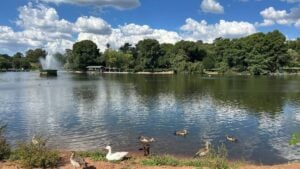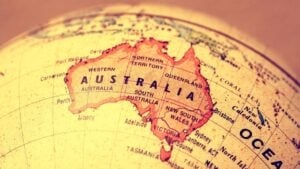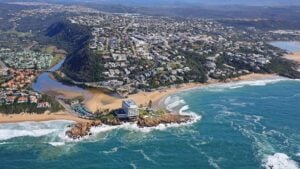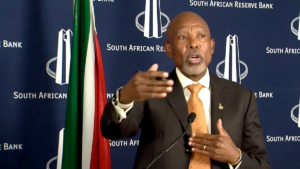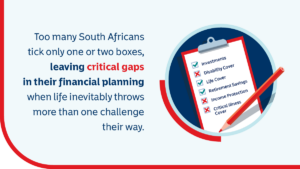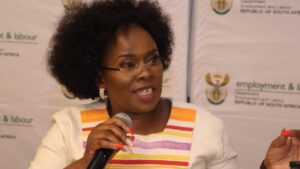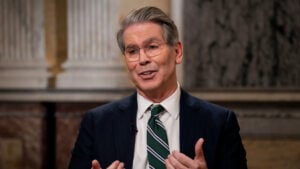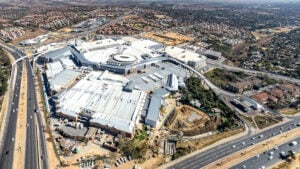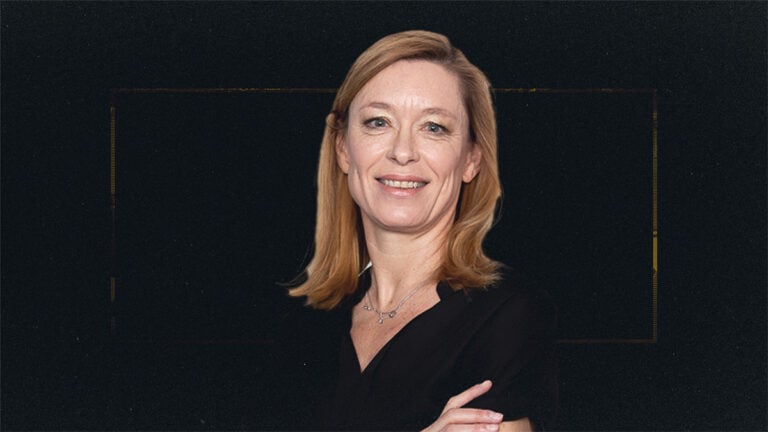Push to change offensive names in South Africa
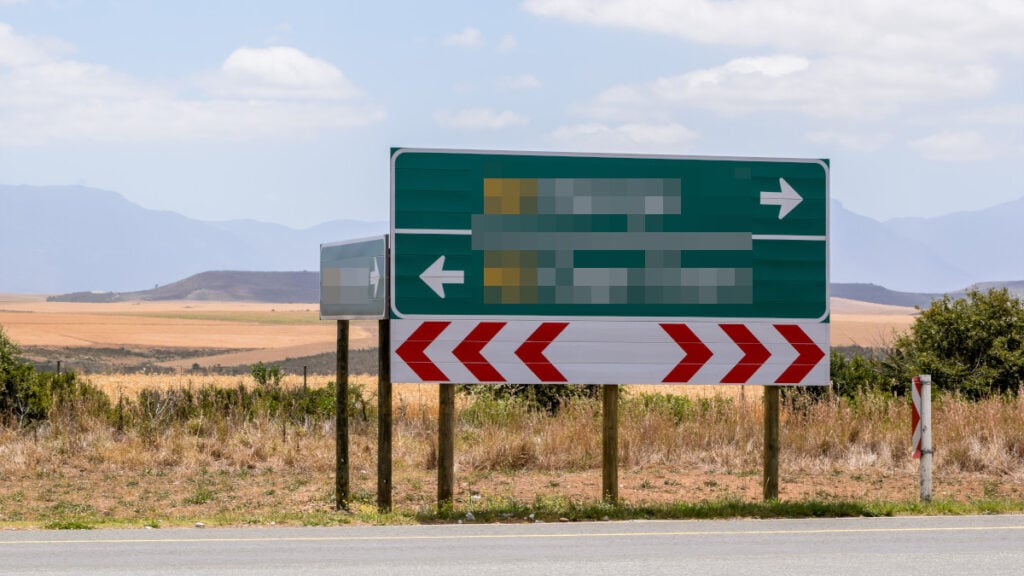
The Department of Sports, Arts and Culture says it will prioritise submissions that seek to change “clearly” offensive and derogatory place names in the country, but it’s up to communities to act first.
Responding to a parliamentary Q&A calling for action against racially derogatory place names that still exist 30 years into democracy, Minister Gayton McKenzie said that communities need to lead the charge for the changes.
While MPs are applying pressure on the department to take action, McKenzie pointed out that to change any name in the country, it has to be a community-driven process.
“The continued existence of offensive and racially derogatory place names in the Republic is largely due to the community-driven and consultative nature of the geographical names’ standardisation process,” he said.
“My department, through the South African Geographical Names Council (SAGNC), operates in accordance with the South African Geographical Names Council Act and approved Standard Operating Procedures (SOPs).”
These frameworks require that name changes be initiated at a local level and undergo extensive public consultation, particularly through the Provincial Geographical Names Committees (PGNCs), before being submitted for ministerial approval.
As a result, while a lot of progress has been made to get rid of offensive names, McKenzie said this may be uneven and dependent on applications from individual communities.
South Africa has made over 1,500 name changes since 1994, from changes to major cities and municipalities to smaller features like streams and hilltops.
However, while many offensive town names have been changed, many features and places still carry highly offensive terms in their titles.
These include derogatory terms for the Khoisan people and various pejoratives for black Africans, including the notorious “k-word”.
McKenzie said that the formal removal and replacement of these place names can only occur once the prescribed renaming process has been completed.
This includes stakeholder engagement, verification, historical research, and community participation led by the PGNCs.
“As each case varies in complexity, a specific date for finalisation of each offensive name cannot be predetermined by the minister,” he said.
“However, the department remains committed to prioritising names that are clearly derogatory and inconsistent with the values of the Constitution.”
McKenzie said that the SAGNC and provincial committees should raise awareness about the issue and educate communities on how to properly submit name change proposals.
Proposed name changes for bigger towns
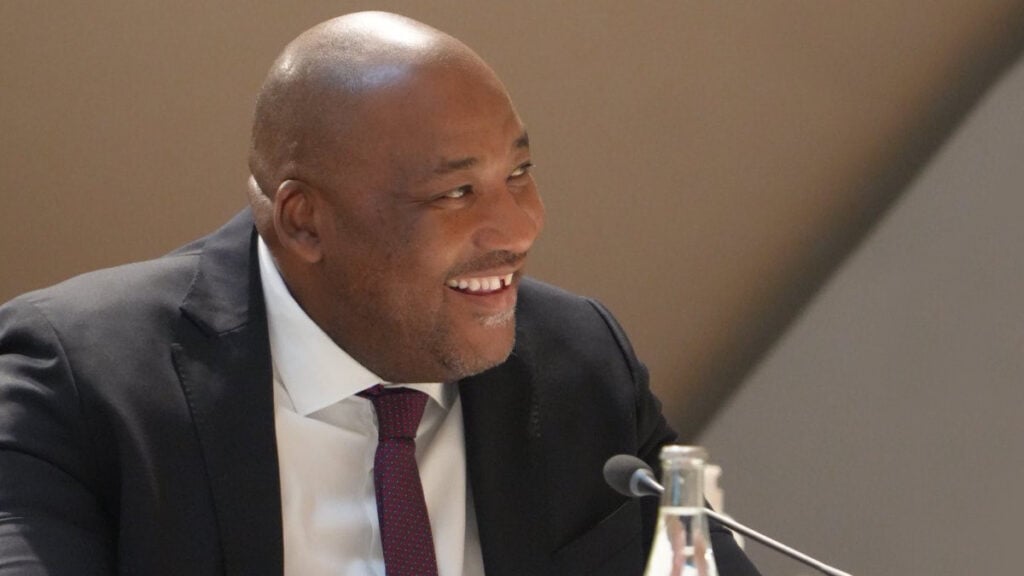
While name changes in South Africa are often met with widespread criticism and backlash from communities, there would be little resistance to changes that address derogatory and racially charged terms.
However, other name changes are more difficult and reflect points of contention between different cultural histories.
More recently, there has been a push to change the names of towns like Harrismith and Smithfield due to cultural sensitivities.
These towns were named after Harry Smith, the governor of the Cape Colony at the time that AmaXhosa King Hintsa kaKhawuta was captured and eventually killed by Smith’s men.
In 2024, Ladysmith in KwaZulu-Natal was changed to uMnambithi. Ladysmith was named after Juana María de los Dolores de León Smith, the Spanish wife of Harry Smith.
These changes reflect a wider move away from names and places that reflect South Africa’s colonial past, with one of the more prominent changes being Port Elizabeth to Gqeberha in 2021.
Port Elizabeth was another town named after the wife of a former Cape Governor (Rufane Donkin, in 1820). Uitenhage, another town named after colonial leaders of the time, was changed to Kariega.
However, not all name changes follow the logic of eliminating colonial ties.
Some changes are pursued for purely political ends, such as the proposed renaming of the politically neutral Sandton Drive in Johannesburg to Leila Khaled Drive.
Khaled is a controversial former Palestinian militant and member of the Popular Front for the Liberation of Palestine (PFLP).
Buzz around the change intensified as political parties sought to voice support for Palestine in the Israel-Palestine war, while also antagonising the United States, which supports Israel.
The United States Consulate is located at 1 Sandton Drive.
Notably, the naming of streets and municipalities does not fall under the jurisdiction of the SAGNC, and is managed by local municipalities.
The naming of municipalities, meanwhile, falls under the jurisdiction of the Minister of Cooperative Governance and Traditional Affairs.
